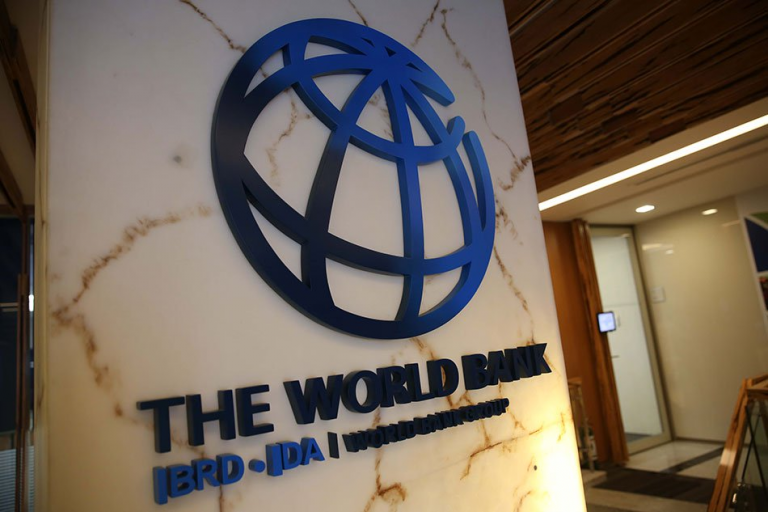The World Bank has officially approved three new financing initiatives totaling $1.57 billion aimed at enhancing the health sector in Nigeria. This announcement was made by the bank’s Country Office in Abuja.
The funds will focus on strengthening human capital development through improved health services for women, children, and adolescents. The World Bank stated, “Today, we have approved three operations for a total of $1.57 billion to assist the Nigerian government in bolstering human capital by promoting better health for women, children, and adolescents, as well as building resilience to climate change challenges, such as floods and droughts, through enhanced dam safety and irrigation.”
The financing package includes:
- $500 million for addressing governance issues hindering education and health delivery (HOPE-GOV)
- $570 million for the Primary Healthcare Provision Strengthening Program (HOPE-PHC)
- $500 million for the Sustainable Power and Irrigation for Nigeria Project (SPIN)
The HOPE-GOV and HOPE-PHC programs will jointly support the Nigerian government in enhancing service delivery within the basic education and primary healthcare sectors, which are critical to improving the nation’s human capital outcomes. Meanwhile, the SPIN project aims to bolster dam safety and manage water resources for hydropower and irrigation in select regions of Nigeria.
The HOPE-GOV program specifically targets underlying governance weaknesses in essential human development sectors. It will address key challenges related to financial and human resource management in basic education and primary healthcare, thereby improving the effectiveness of financing for service delivery. The initiative will also enhance transparency and accountability, and improve recruitment, deployment, and performance management of teachers and healthcare workers across federal, state, and local governments.
In support of the government’s newly launched reforms under the Health Sector Renewal Investment Initiative, the HOPE-PHC project aims to improve the quality and accessibility of reproductive, maternal, newborn, child, and adolescent health services. This initiative is expected to substantially reduce maternal and under-five mortality rates, benefiting approximately 40 million people, particularly vulnerable populations.
The HOPE-PHC project is funded by a concessional $500 million International Development Association (IDA) credit, supplemented by an additional $70 million in grants from the Global Financing Facility for Women, Children, and Adolescents (GFF). This includes contributions of $11 million from the UK Foreign, Commonwealth & Development Office (FCDO) and $12.5 million from the Children’s Investment Foundation Fund (CIFF), aimed at closing the financing gap for primary and community healthcare and maternal newborn care.
The SPIN program will enhance protection for Nigerian citizens against floods and droughts through improved dam safety and operations. It will also provide new and enhanced irrigation and drainage services across 40,000 hectares, benefiting approximately 950,000 individuals, including households, farmers, and livestock breeders, by ensuring reliable, climate-resilient irrigation and water supply to increase agricultural productivity.
Additionally, the SPIN project will assist the government in developing a master plan for hydropower and structuring a public-private partnership transaction for a new hydropower project.
Focus on Women and Girls
Ndiamé Diop, World Bank Country Director for Nigeria, emphasized that the new financing will address the multifaceted challenges faced by Nigerians, particularly women and girls, in accessing quality services. He noted, “Effective investment in the health and education of Nigerians today is crucial for enhancing their future employment prospects, productivity, and earnings while reducing poverty among the most vulnerable.”
Diop added that the SPIN program is timely, as it will safeguard Nigerians from climate-related disasters while also facilitating increased hydropower generation. He reaffirmed the World Bank’s commitment to collaborating with the federal government and other stakeholders to implement these vital programs.




